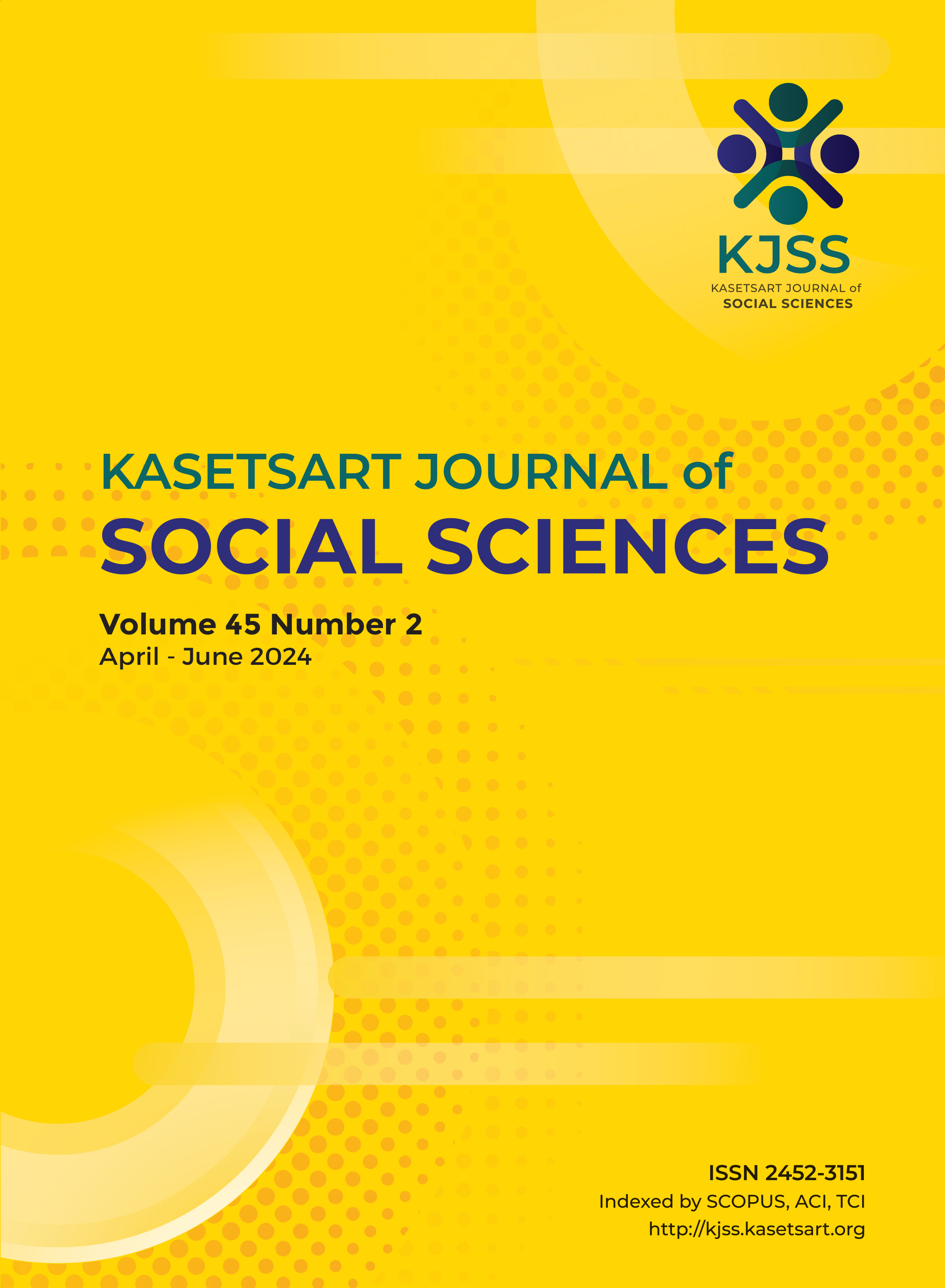The parenting plan, optimism, and subjective well-being among mothers of children with intellectual disability
Keywords:
intellectually disabled children, mothers, optimism, parenting plan, subjective well-beingAbstract
Mothers with intellectually disabled children expect to achieve subjective well-being so that they can best meet their children’s needs while raising them. However, empirical evidence suggests that mothers who have children with mental retardation are dissatisfied with their lives and believe that their children are a burden to the family. As a result, achieving subjective well-being necessitates parenting plan and optimism. This survey study aims to examine the relationships between parenting arrangements of a mother of children with special needs and her subjective well-being, optimism of a mother of children with special needs and her subjective well-being, and parenting plan together with optimism of a mother of such kind and her subjective well-being. Eighty-five mothers who have intellectually disabled children participated in this study. They were asked to complete a questionnaire comprising three scales: parenting plan scale, optimism scale, and subjective well-being scale. Using the multiple regression analysis, this study revealed that: (1) parenting arrangements created by a mother of a child with mental retardation have a positive effect on her subjective well-being;
(2) optimism of such mother about her child’s condition has no significant influence on their subjective well-being; and (3) the mother’s parenting plans together with optimism about her child’s condition simultaneously have a positive impact on her subjective well-being. The findings of this study provide recommendations for future research and practices.
Downloads
Published
How to Cite
Issue
Section
License
Copyright (c) 2024 Kasetsart UniversityThis is an open access article under the CC BY-NC-ND license http://creativecommons.org/licenses/by-nc-nd/4.0/










